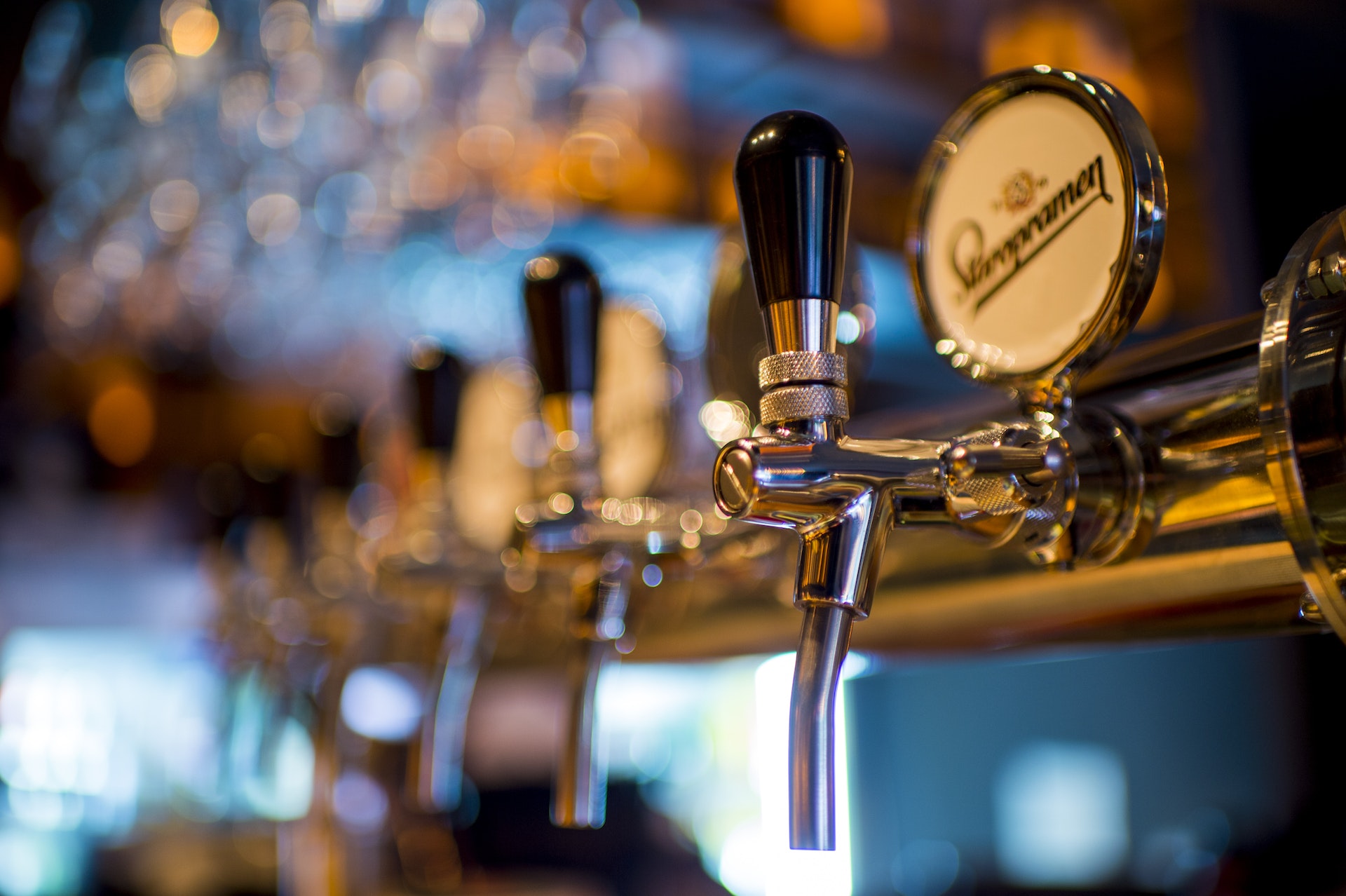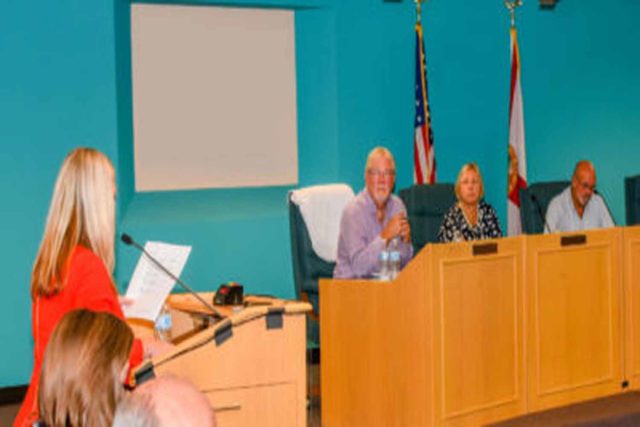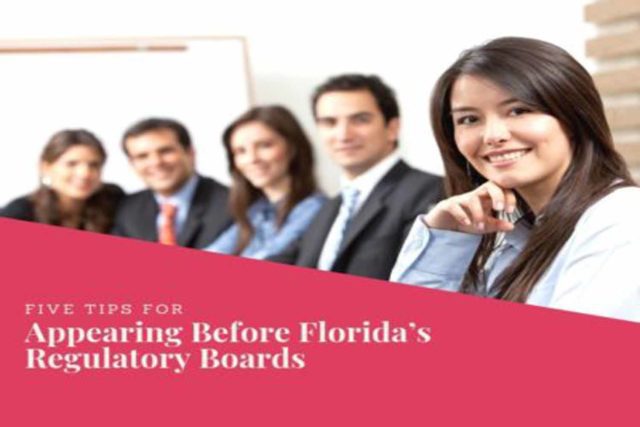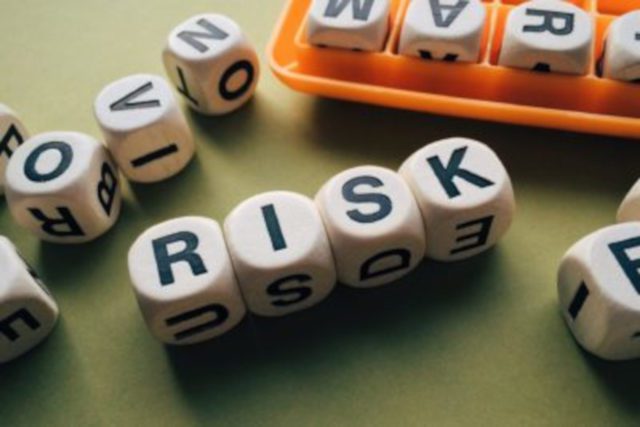How does Florida regulate and authorize licenses?
Under the Florida Statutes, a “license” to regulate professions and occupations means any permit, registration, certificate, or license issued by the Department of Business and Professional Regulation (the “DBPR”). An occupational license is a privilege accorded by the state or its subdivisions to conduct a business at a particular location and is not a property right protected by substantive due process; the denial of such license does not prevent the business owner from pursuing a lawful occupation but merely stops the business from operating at a particular location. Ammons v. Okeechobee County, 710 So. 2d 641 (Fla. 4th DCA 1998).
On July 1, 2021, the Florida Legislature passed Section 163.211 into law, which prevents any county, municipality, or other political subdivision of Florida from implementing additional licensing requirements for most occupations. Therefore, a prospective applicant only needs to satisfy state statutory requirements.
Need help receiving, renewing, or defending your license? Schedule your consultation today with a top administrative law and licensing attorney.
How does the licensing process work in Florida?
A prospective licensee must apply through the DBPR, which must review the application and have the discretion to reject or accept applications for new licenses and license renewals as long as the discretionary review is reasonable. See KJS v. Department of Children and Family Services, 974 So. 2d 1106 (Fla. 1st DCA 2007). On the other hand, licensees seeking renewal must file for renewal before their license expires, or they will not be allowed to engage in their occupation until the DBPR grants a separate, new license. See Legal Environmental Assistance Foundation, Inc. v. Board of County Com’rs of Brevard County, Fla., 61 F.3d 25 (11th Cir. 1995).
When the DBPR receives a license application, the agency has 90 days to examine the application, timely notify the applicant of any errors or omissions, request additional information, and, ultimately, issue a notice of intent to either grant or deny the license. The DBPR may not deny renewal without a full, open, and fair hearing for license renewals. See Wilson v. Pest Control Commission of Fla., 199 So. 2d 777 (Fla. 4th DCA 1967).
Which Florida laws apply to alcoholic beverage and tobacco licenses in Florida?
Alcoholic beverages and tobacco regulations fall under chapters 561-569 of Florida Statutes. These chapters, along with chapters 61A-1 through 61A-5 of the Florida Administrative Code, compose Florida’s Beverage Law. Alcoholic beverage regulations fall under Chapter 561 of Florida Statutes. Vendors, manufacturers, and distributors are the three most common license categories for alcoholic beverages. Vendors are permitted to sell alcoholic beverages at retail only. Distributors are licensed to sell alcoholic beverages wholesale to vendors. Manufacturers are licensed to manufacture alcoholic beverages and are generally allowed to sell those beverages wholesale to only licensed distributors. By statutory definition, alcoholic beverages are “distilled spirits and all beverages containing one-half of 1 percent or more alcohol by volume.”
Licensing for retail tobacco product dealers falls under Chapter 569 of Florida Statutes. Tobacco products are defined as products that include “loose tobacco leaves, and products made from tobacco leaves, in whole or in part, and cigarette wrappers, which can be used for smoking, sniffing, or chewing.” Licensed dealers are permitted to sell tobacco products at retail and to allow a tobacco products vending machine on the dealer’s business premises.
The Florida legislature created the Division of Alcoholic Beverages and Tobacco Licenses to administer the State’s regulations in this field. These administrative responsibilities include refining the State’s licensing requirements and outlining the disciplinary proceedings available if a licensee engages in prohibited conduct.
What are the application and retention requirements for an alcoholic beverage vendor license?
Application Requirements:
- Education: N/A
- Training: N/A
- Experience: N/A
- Professional Examination: N/A
- Cost of Licensure: Varies with the type of alcohol and the location of the business. Annual licensure fees range from $28 to $1,820.
- Reciprocity or Endorsement: N/A
- Good Moral Character Requirement: Yes.
- Bans Related to Criminal History: Yes.
Retention Requirements:
- Renewal Period: Annually
- Cost of Renewal: Same as the initial application.
- Continuing Education Requirement: N/A
To determine whether you meet the requirements for an alcoholic beverage vendor license, please contact our office to set up your initial consultation.
What are the application and retention requirements for an alcoholic beverage distributor license?
Application Requirements:
- Education: N/A
- Training: N/A
- Experience: N/A
- Professional Examination: N/A
- Cost of Licensure: Varies with the type and amount of alcohol to be distributed. Annual licensure fees range from $50 to $4,000.
- Reciprocity or Endorsement: N/A
- Good Moral Character Requirement: Yes.
- Bans Related to Criminal History: Yes.
Retention Requirements:
- Renewal Period: Annually
- Cost of Renewal: Same as the initial application.
- Continuing Education Requirement: N/A
To determine whether you meet the requirements for an alcoholic beverage distributor license, please contact our office to set up your initial consultation.
What are the application and retention requirements for an alcoholic beverage manufacturer license?
Application Requirements:
- Education: N/A
- Training: N/A
- Experience: N/A
- Professional Examination: N/A
- Cost of Licensure: Varies with the type and amount of alcohol to be manufactured. Annual licensure fees range from $1000 to $4,000 per plant or branch.
- Reciprocity or Endorsement: N/A
- Good Moral Character Requirement: Yes
- Bans Related to Criminal History: Yes.
Retention Requirements:
- Renewal Period: Annually
- Cost of Renewal: Same as the initial application.
- Continuing Education Requirement: N/A
To determine whether you meet the requirements for an alcoholic beverage manufacturer license, please contact our office to set up your initial consultation.
What are a retail tobacco product dealer license’s application and retention requirements?
Application Requirements:
- Education: N/A
- Training: N/A
- Experience: N/A
- Professional Examination: N/A
- Cost of Licensure: $50
- Reciprocity or Endorsement: N/A
- Good Moral Character Requirement: No.
- Bans Related to Criminal History: No.
Retention Requirements:
- Renewal Period: Annually
- Cost of Renewal: $50
- Continuing Education Requirement: N/A
To determine whether you meet the requirements for a retail tobacco products dealer license, please contact our office to set up your initial consultation.
What types of conduct are grounds for disciplinary action against alcoholic beverage or tobacco licensees?
Prohibited conduct that could lead to disciplinary action includes, but is not limited to:
- Selling or serving an alcoholic beverage or tobacco product to someone under 21 years of age;
- Selling or serving an alcoholic beverage or tobacco product with an improper license;
- Selling or serving an alcoholic beverage to a habitual drunkard after receiving notice;
- Selling or serving any beverage represented to be an alcoholic beverage which is not such a beverage; and
- Failing to post a sign stating that selling tobacco or nicotine products to persons under 21 is unlawful.
Can the DBPR’s license decision be appealed?
Yes, an adverse license decision made by the DBPR is appealable. The authority for appealing such decisions comes from the Florida Administrative Procedure Act (APA), Chapter 120 of the Florida Statutes. Specifically, the right to appeal derives from Florida Statutes §120.569 and §120.57. The APA establishes the framework for challenging agency actions, such as licensing decisions, through administrative hearings and judicial review.
If an applicant or licensee receives an adverse decision from the DBPR, they may request an administrative hearing to challenge it. The request for a hearing must be submitted within the timeframe specified in the agency’s notice, which is generally 15 days from the date of the notice, as provided in Section 120.569(2)(a), Florida Statutes.
The administrative hearing process commences with submitting a petition for a hearing to the agency. The petition must comply with the requirements outlined in Rule 28-106.201, Florida Administrative Code. If the petitioner qualifies for an administrative hearing, the case is referred to the Division of Administrative Hearings (DOAH) and assigned to an administrative law judge (ALJ).
The ALJ conducts the hearing, like a trial, with both parties presenting evidence and testimony. After the hearing, the ALJ issues a recommended order, which includes findings of fact, conclusions of law, and a recommendation for a final decision. The DBPR then reviews the recommended order and issues a final order, either adopting, modifying, or rejecting the ALJ’s recommendations.
Suppose the petitioner is unsatisfied with the DBPR’s final order. In that case, they can seek judicial review by filing a notice of appeal with the appropriate District Court of Appeal, as provided in Section 120.68, Florida Statutes. The court reviews the case to determine if the agency’s decision follows from competent, substantial evidence and complies with the law.
Have more questions about a professional licensing-related situation?
Crucially, this overview of alcoholic beverage and tobacco licenses does not begin to cover all the laws implicated by this issue or the factors that may compel the application of such laws. Every case is unique, and the laws can produce different outcomes depending on the individual circumstances.
Jimerson Birr attorneys guide our clients to help make informed decisions while ensuring their rights are respected and protected. Our lawyers are highly trained and experienced in the nuances of the law, so they can accurately interpret statutes and case law and holistically prepare individuals or companies for their legal endeavors. Through this intense personal investment and advocacy, our lawyers will help resolve the issue’s complicated legal problems efficiently and effectively.
Having a Jimerson Birr attorney on your side means securing a team of seasoned, multi-dimensional, cross-functional legal professionals. Whether it is a transaction, an operational issue, a regulatory challenge, or a contested legal predicament that may require court intervention, we remain a tireless advocate every step of the way. Being a value-added law firm means putting the client at the forefront of everything we do. We use our experience to help our clients navigate even the most complex problems and come out the other side triumphant.
If you want to understand your case, the merits of your claim or defense, potential monetary awards, or the amount of exposure you face, you should speak with a qualified Jimerson Birr lawyer. Our experienced team of attorneys is here to help. Call Jimerson Birr at (904) 389-0050 or use the contact form to set up a consultation.

We live by our 7 Superior Service Commitments
- Conferring Client-Defined Value
- Efficient and Cost-Effective
- Accessibility
- Delivering an Experience While Delivering Results
- Meaningful and Enduring Partnership
- Exceptional Communication Based Upon Listening
- Accountability to Goals











